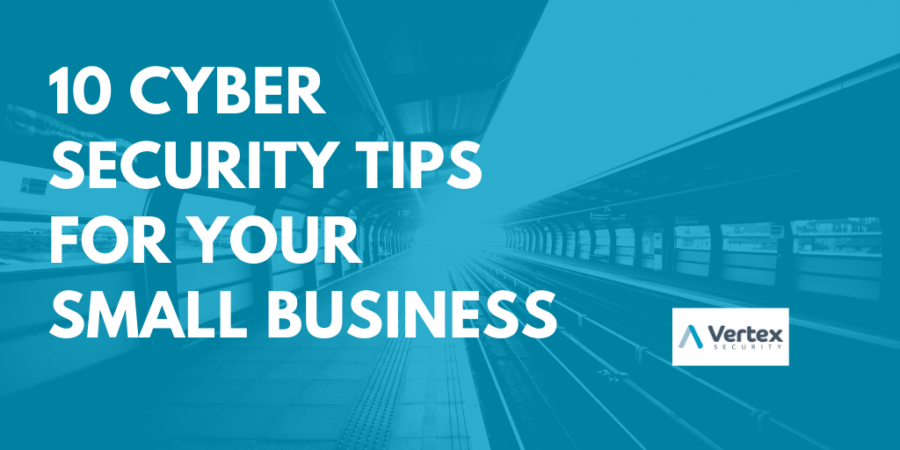While Australians continue to work from home, business leaders must create a long-term approach to their cyber security strategy. Here are 10 cyber security tips for small and medium businesses to protect both your data and employees.
1. Implement Cyber Training
Organise employee security training so they know to avoid sharing passwords via email or instant messaging, saving passwords to their devices and using their own personal devices while working.
2. Use Password Protection Software
Password Managers such as Bitwarden allow employees to use different passwords for each login. Furthermore avoid sharing passwords but if needed use a password manager to share passwords directly with team members as this allows the password to be easily be updated to avoid them being incorrectly shared.
3. Use Two-factor Authentication
Two-factor authentication (Also known as Multi-Factor Authentication/MFA) adds another level of security to the login process, helping to reduce your account getting hacked. As an example Two-factor can require a pin code sent to another device to gain access.
4. Ensure All Software is Updated
Hackers may have increased ability to find vulnerabilities (backdoors) through outdated software. Proactively updating your software can help to protect against these attacks.
5. Implement Advanced Malware protection
Malware (Virus) Protection can detect and protect against viruses infecting your devices.
6. Ensure Autofill is Not Used
Disabling autofill passwords increases your level of security by ensuring browsers don’t save passwords, whether they are used with a password sharing platform or not. It makes it more difficult for malware to gain login details.
7. Avoid Phishing Emails
Be careful of any emails that require you to click a link or download a file, especially if you aren’t expecting it or haven’t requested it.
8. Browser Protection
Use browser protection like XSurfLog to protect against Phishing websites.
9. Guard against Social Engineering
Social engineering usually involves tricking people into breaking standard security practices. For example, if a hacker is unsuccessful in gaining access to your data, they may gain information through your social media accounts. Hackers can analyse your messaging and use it to gather information to conduct a cyber attack.
Ensure the information you’re sharing doesn’t relate to any passwords, and that you regularly change your passwords, especially on your social channels.
10 .Hire a Cyber Security Specialist
Hire a cyber security specialist to oversee your security campaign, increase (harden) security on devices, increase (harden) security on email, manage your reputation, manage risk and ensure growth. The increase in cyber crime in Australia means that having a game plan is essential to ensure your data and employees stay safe.



